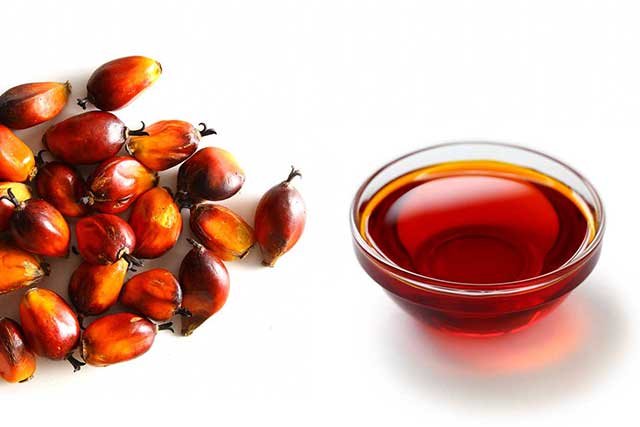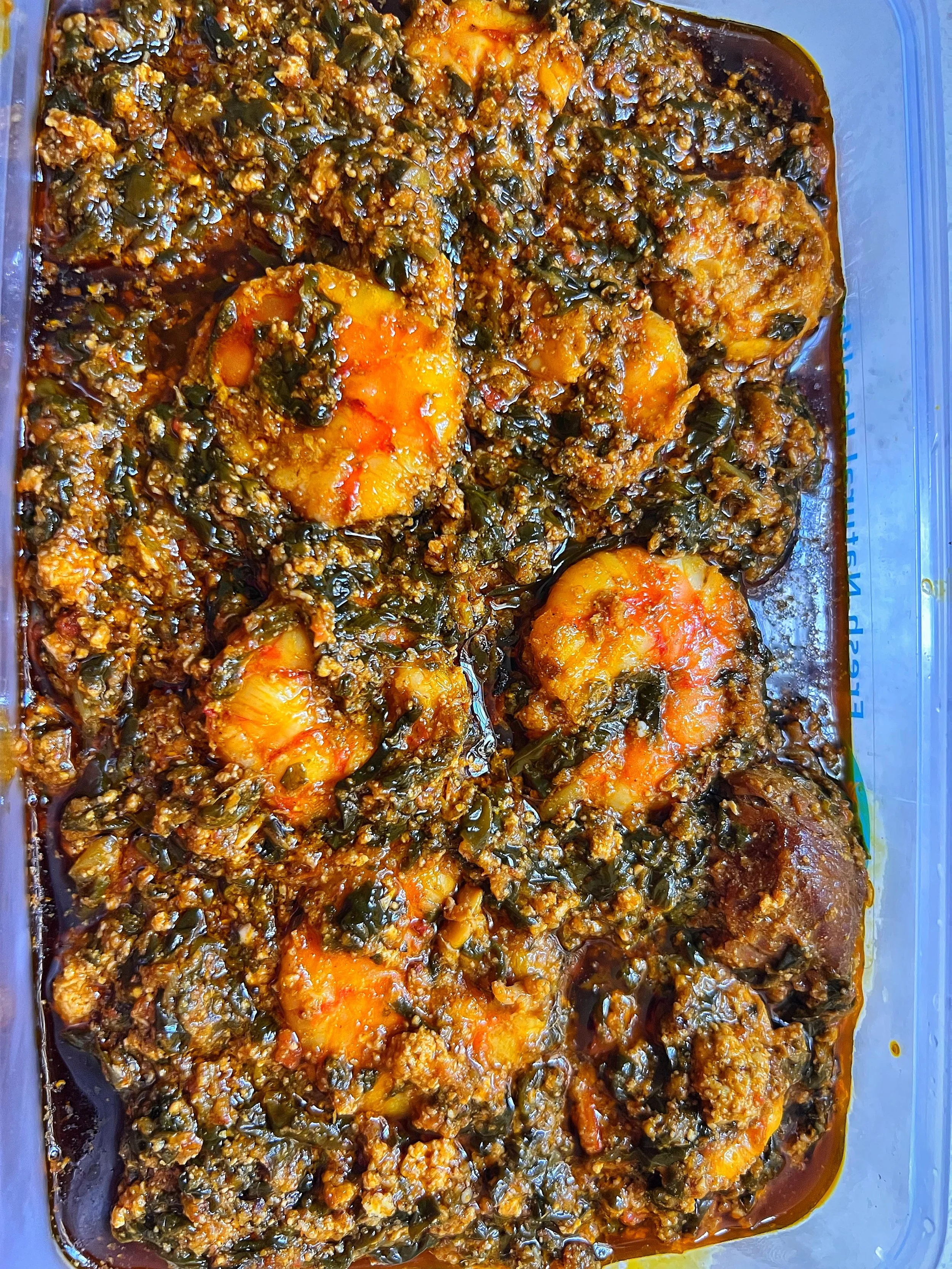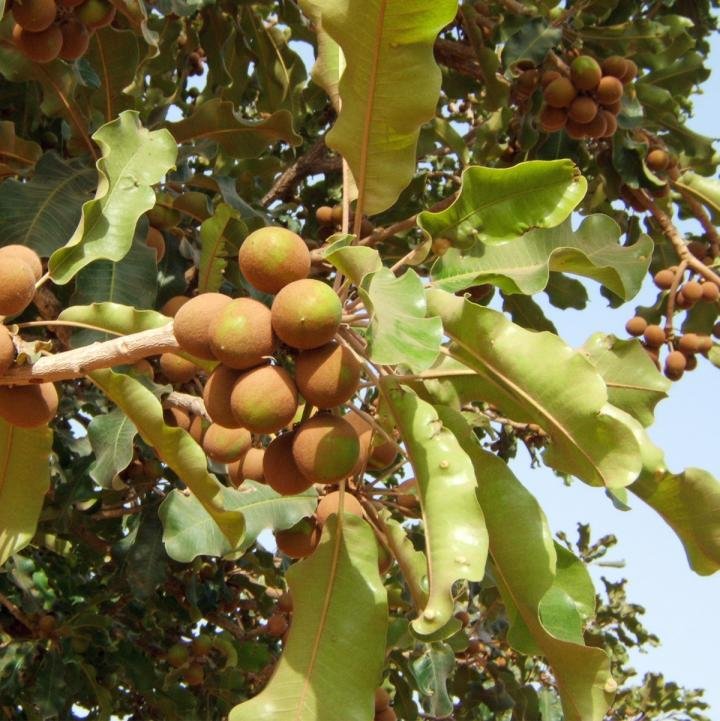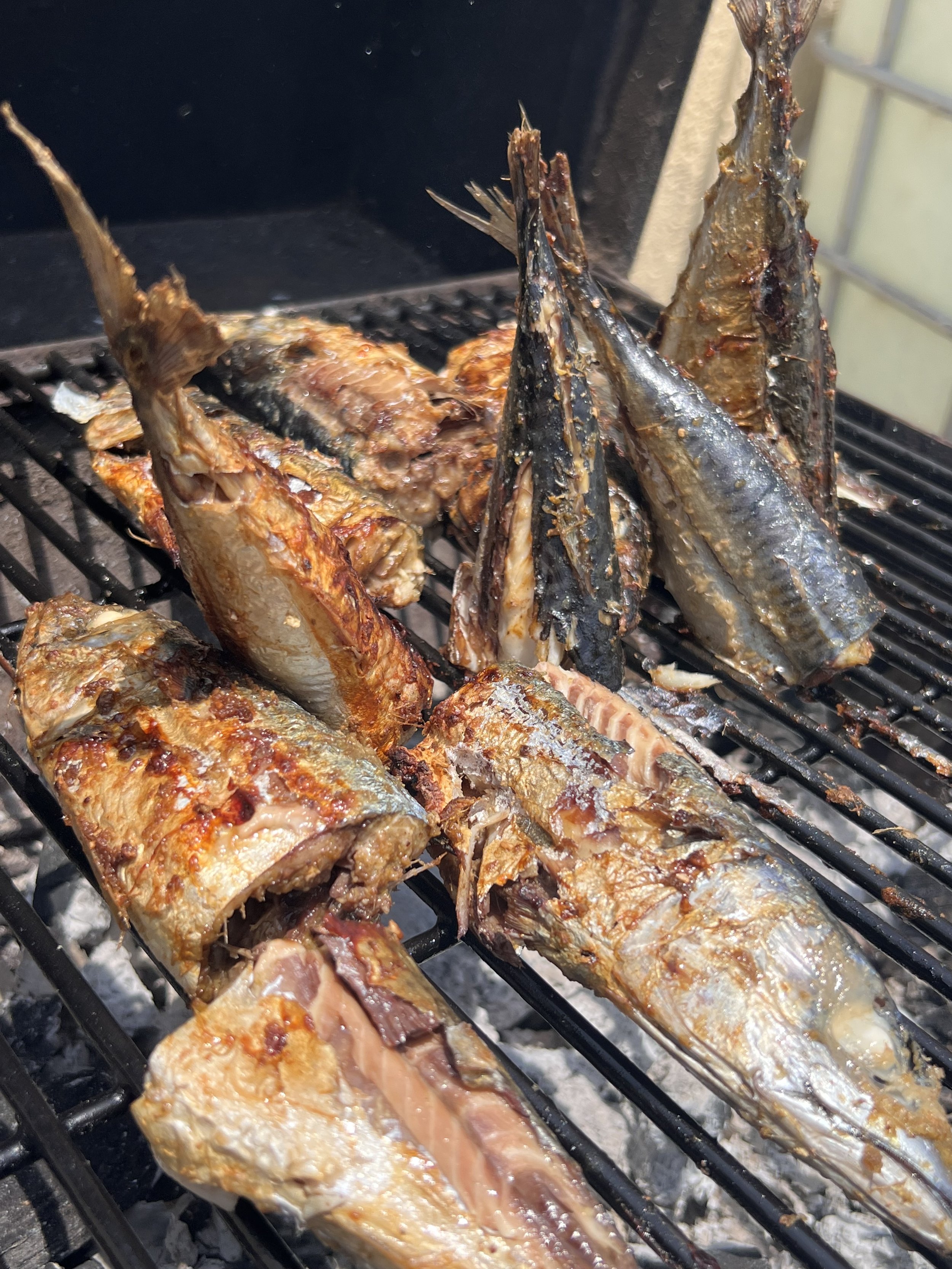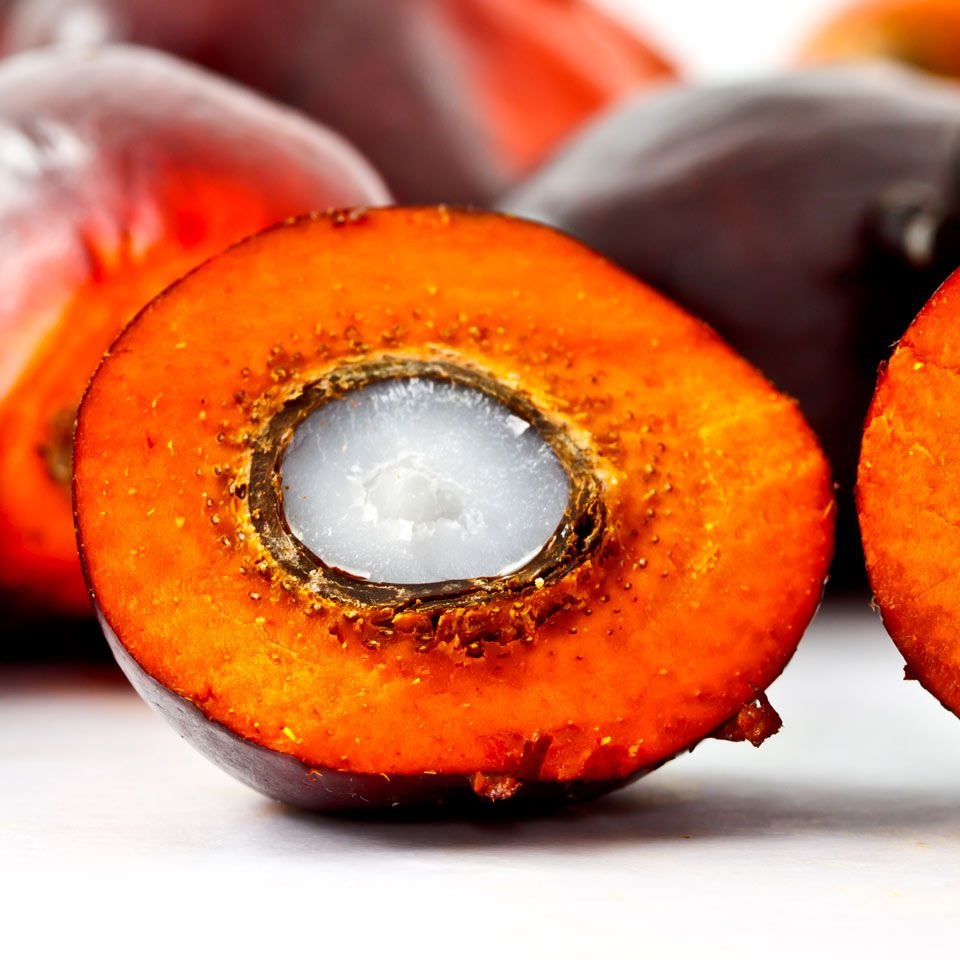The Heart of Ghanaian Cuisine : Exploring Cooking Oils.
There's a saying in Ghana that “If your stew doesn't look covered in oil then it won't be tasty.” I have no idea where this statement came from but somehow it's been ingrained in our mindsets over the ancient years. It's common to see local chop bars displaying oil shrouded stews and soups to attract buyers to savor their cooked delights. However, we all know too much oil in our diets is actually harmful but in moderation our bodies are in a better place. Majorly, our cooking techniques in Ghana involves the use of oils whether for frying cassava fish or cooking Jollof. Depending on what one may be cooking, different flavoring ingredients are often added to the oil before the enigmatic onions and tomatoes. These can either be tooloo beefi, koobi or some secretly concocted spices. Cooking oils in Ghana are mostly plant based with some being more popular for traditional meals than others. The plant based oils listed below are the most popular ones in most Ghanaian homes with their health benefits and uses.
Palm Oil
Palm oil is sourced from the palm nut tree fruit which is threshed into a pulp and cooked until the oil surfaces. In Ghanaian kitchens, palmoil forms the cooking oil base for most stews such as Garden Egg stew, Fante Fante, Nkontonmire Stew, Okro Stew, etc. The oil has a high smoke point and contains Mashed palmnut pulp is the base for the preparation of Palmnut soup. Palmnut oil is healthy as it contains Vitamin A and the proportion of saturated fats in palm oil is lower than the saturated fat content of other fats of similar application: coconut oil (93% saturates), butter (70% saturates) and cocoa butter (64% saturates).
Palm Oil (Image Source: Nutrition Advance)
Prawn Nkontonmire Stew
Shea Butter Oil
The Shea tree produces shea nuts which are processed to produce the ebony colored shea butter on the Ghanaian market. Shea butter oil is heat tolerant and has a strong nutty taste in food. Although not a popular vegetable oil choice in most Accra markets or shops, unrefined Shea butter oil is used in cooking in the Northern part of Ghana for cooking meals like Dawadawa Jollof and other stews.
A Shea butter vendor
Shea tree
Coconut Oil
Coconut oil in Ghana has several uses but most popularly it’s used in frying snacks and other appetizers due to it’s high 40% fat content and a high resistance to oxidation at high heat. Snacks like Astormor, Cocoyam chips, Plantain chips, Ayigbe biscuit are mostly fried in coconut oil. It has a nutty distinctive taste and fragrance. Coconut oil is exceptionally rich in lauric acid, a rare saturated fat that seems to improve the composition of blood lipids. Most local markets sell refined coconut with others being more unrefined having a slightly yellowish colour. For more refined coconut oil brand check out Ava Coconut Oil.
Soyabean Oil
Soyabean is an important legume in Ghana that is both a valuable source of feed for livestock and fish and a good source of plant protein for human consumption. Interestingly, we export 700,000 tonnes of soyabeans in year. The bean contains around 30 percent cholesterol free oil, 40 percent protein, and essential vitamins (El Agroudy et al. 2011). This makes Soyabean oil a healthy choice of oil if you are on the lookout for one. The most popular brand of soyabean oil in Ghana is Unoli which can be found in any major supermarket. Soyabean oil is used in grilling fish and other meats as a healthier choice of oil.
Unoli Soyabean Oil
Soyabean (Image source Graphic Online)
Palmkernel Oil
Palm kernel is the hard nut within the palmnut fruit and does not contain cholesterol or trans fatty acids . Palm kernel oil is commonly used in commercial cooking because it is lower in cost than other oils on the market. In Ga, we call it ŋmɛfɔ(Nut oil) and it’s got a higher nutty fragrance and taste. It’s popularly used to fry kelewele and other street foods as well as used as a base for making black chilli sauce.
Palm kernel and Palmfruit
Whilst others may be stubbornly stuck on using one type of oil for stews it's also refreshing to see the more adventurous Ghanaian choosing coconut oil for Nkontonmire instead of palm oil.
Which of these oils do you use frequently in your kitchen? What factors affect your choice of oils to use in your kitchen? I’d love to know in the comments section.


